The Ministry of Transport has just consulted ministries, branches and associations for the second time on policies to support the conversion to electric cars.
The second consultation document on the policy to support the conversion to electric cars was sent by the Ministry of Transport to 7 ministries: Industry and Trade, Finance, Planning and Investment, Construction, Justice, Natural Resources and Environment, Science and Technology; and the Vietnam Automobile Manufacturers Association.
At the same time, it was sent to 5 domestic automobile manufacturing and assembly companies, including: VinFast Trading and Service Company Limited, Toyota Vietnam, Ford Vietnam, Truong Hai Automobile Joint Stock Company, Thanh Cong Group Joint Stock Company.
The Ministry of Transport (MOT) requested ministries and branches to contribute comments before August 28 to synthesize and report to the Prime Minister before August 30.
" If the Ministry of Transport does not receive any comments, it is considered that your agency agrees with the draft report ," the document asking for comments from the Ministry of Transport clearly stated.
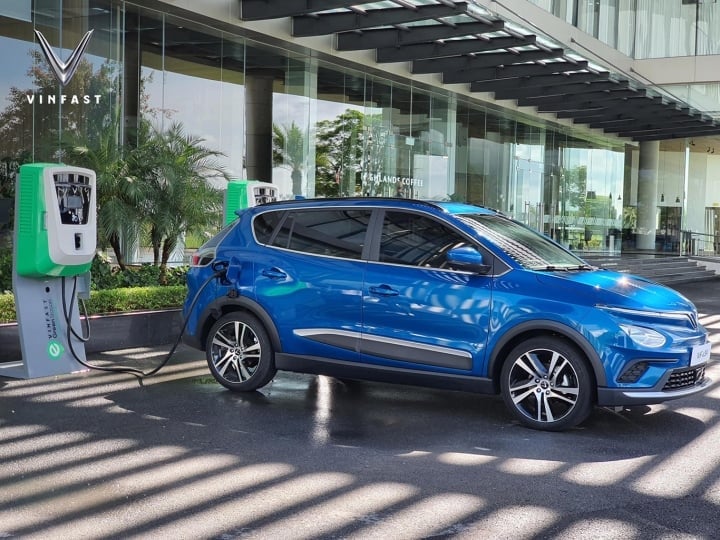
When buying an electric car, customers will receive support of about 1,000 USD/car.
Previously, the Ministry of Transport sent the Government proposals to support the transition to electric cars, with three groups of policies including support for car buyers, incentives for manufacturers, and development of infrastructure for electric cars. These are also policies applied by many countries during the period of encouraging the transition from gasoline cars to electric cars.
Accordingly, for users, the Ministry of Transport proposes to exempt and reduce registration fees and license plate registration fees for electric cars. Car buyers have access to credit and subsidies. Transport businesses that switch to using electric cars will receive preferential loans, and electric buses will receive higher subsidies than regular buses.
The ministry also proposed increasing traffic priority for electric vehicles in urban areas, such as prioritizing parking spaces and establishing zero-emission zones in core urban areas, where only zero-emission vehicles can operate.
Another solution proposed by the regulator to support consumers is that when they buy an electric car, they will be supported with about $1,000 per car. This is considered a subsidy to help them change their consumption behavior.
The management agency also proposed to add the manufacturing and assembly of electric cars and electric car batteries as investment incentives. Manufacturing, assembly and maintenance enterprises will have preferential tax incentives for imported electric cars; access to finance, credit and priority access to and transfer of manufacturing and assembly technology. Imported components, equipment and production lines will be exempted from and have reduced taxes.
Charging station infrastructure is considered an important component for the development of electric vehicles. Therefore, the Ministry of Transport recommends that management agencies soon regulate the system of electric charging stations in urban technical infrastructure and residential areas and allow the construction of public charging stations at construction sites without having to change the land use purpose.
Incentives apply special consumption tax rate for electric cars with 9 seats or less to 3% after February 28, 2027 for domestically produced and assembled electric cars. VAT exemption for the first 5 years, 50% reduction for the next 5 years.
According to data from the Ministry of Transport, the number of newly manufactured, assembled and imported electric vehicles has increased 75 times over the past 2 years, from 167 vehicles in 2021 to 12,585 vehicles as of mid-July 2023. However, electric cars in Vietnam are currently mainly cars and city buses.
Ngoc Vy
Source


![[Photo] General Secretary To Lam receives King Philippe of Belgium](https://vstatic.vietnam.vn/vietnam/resource/IMAGE/2025/4/1/e5963137a0c9428dabb93bdb34b86d7c)


![[Photo] Prime Minister Pham Minh Chinh meets with King Philippe of Belgium](https://vstatic.vietnam.vn/vietnam/resource/IMAGE/2025/4/1/be2f9ad3b17843b9b8f8dee6f2d227e7)
![[Photo] Close-up of Vietnam's sniffer dog team searching for earthquake victims in Myanmar](https://vstatic.vietnam.vn/vietnam/resource/IMAGE/2025/4/1/d4949a0510ba40af93a15359b5450df2)
![[Photo] President Luong Cuong and King Philippe of Belgium visit Thang Long Imperial Citadel](https://vstatic.vietnam.vn/vietnam/resource/IMAGE/2025/4/1/cb080a6652f84a1291edc3d2ee50f631)
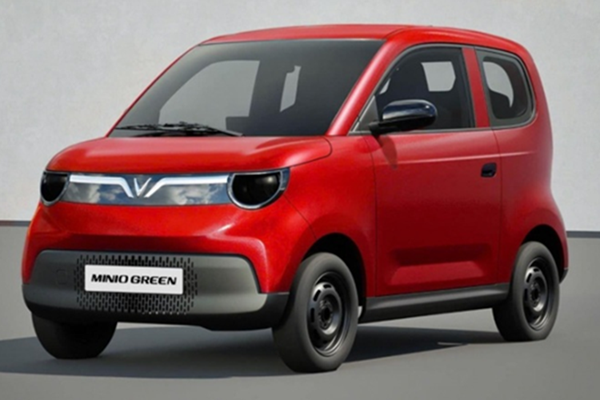

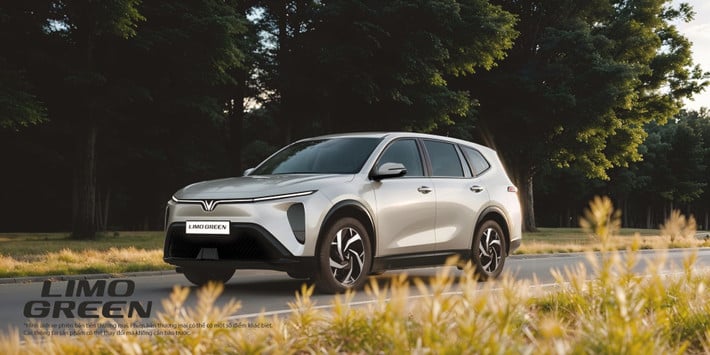

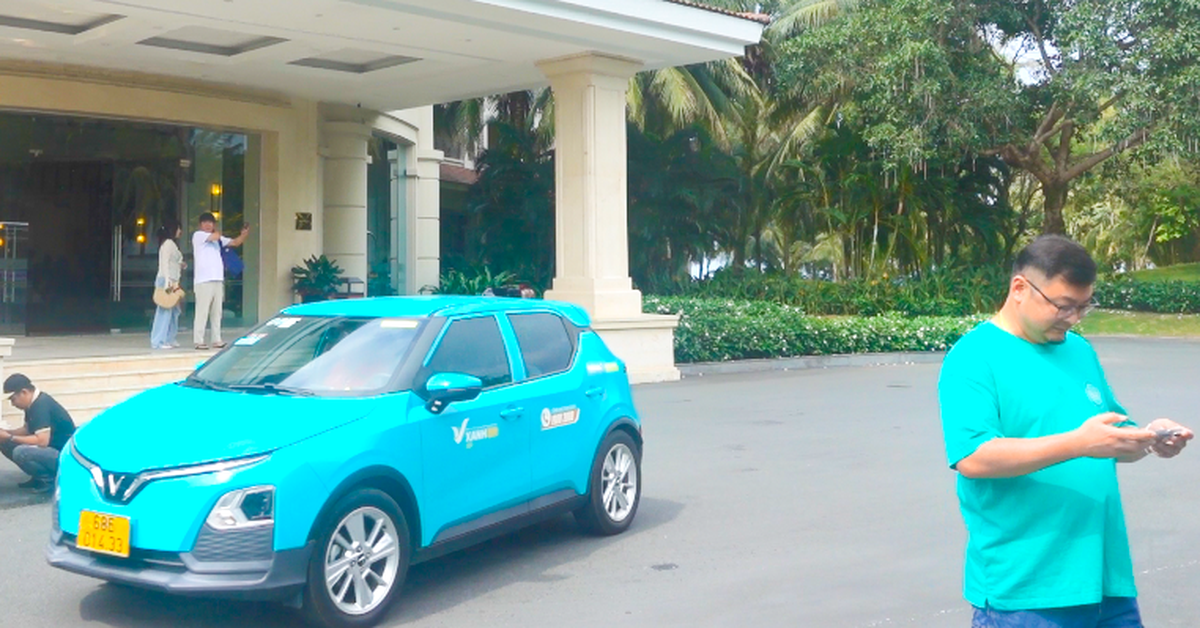

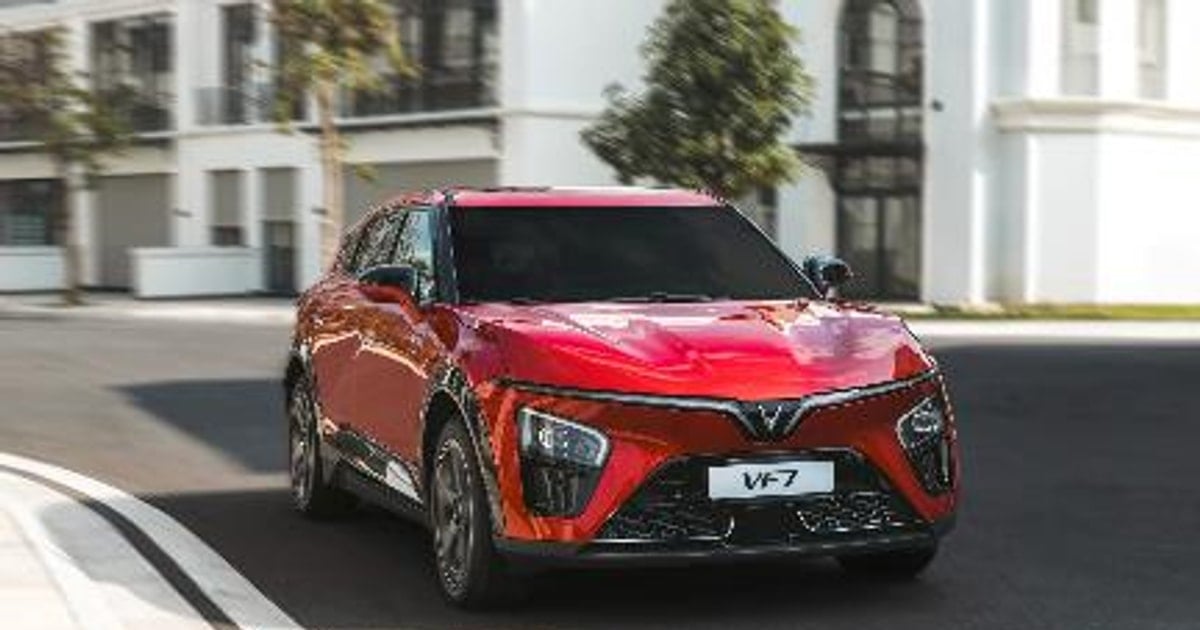

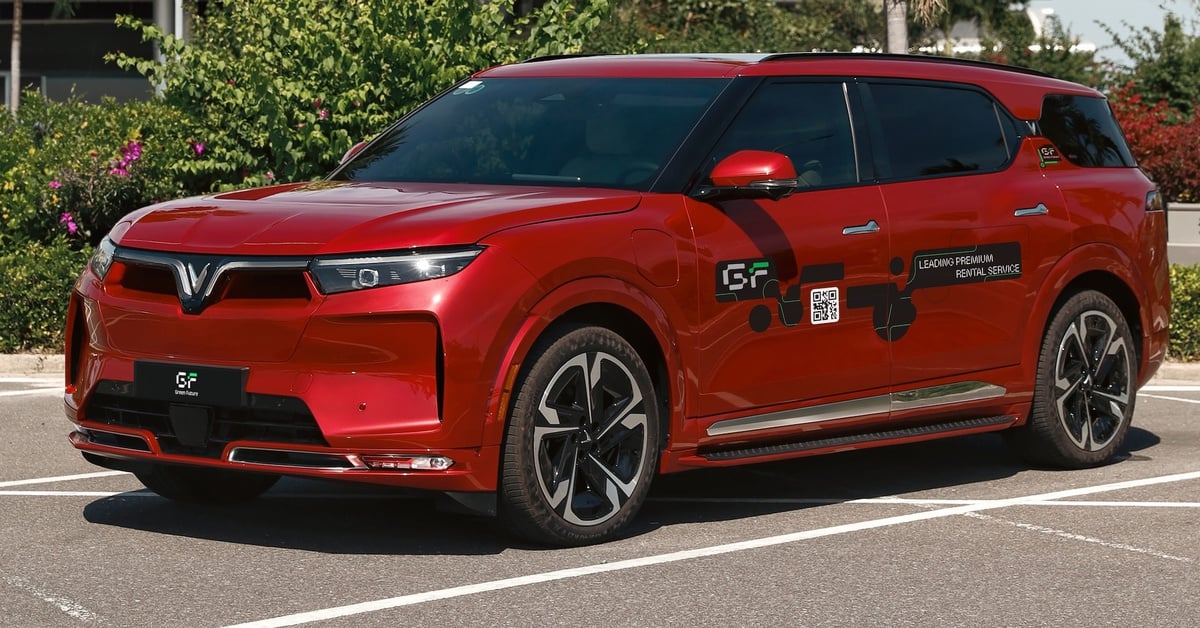
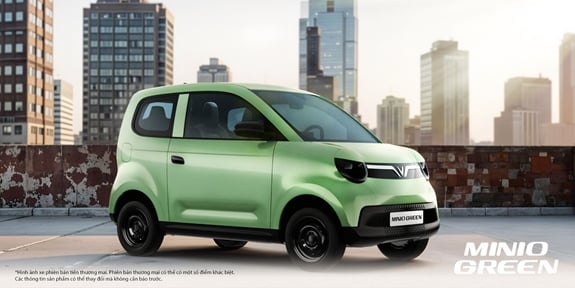

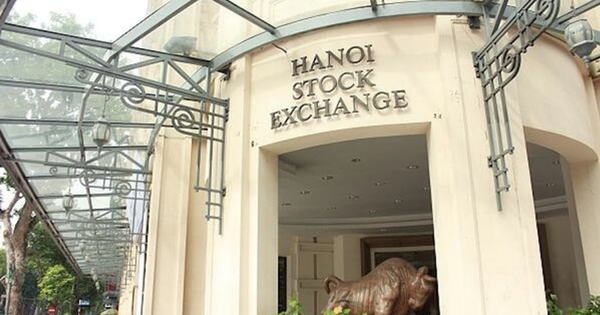
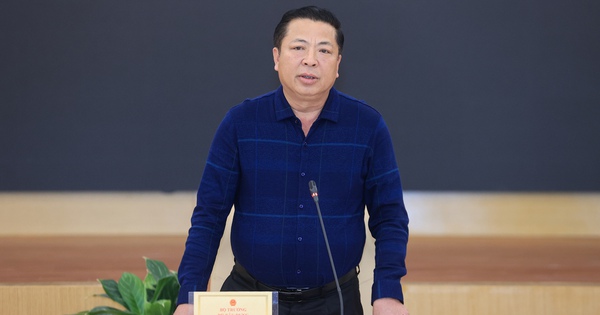
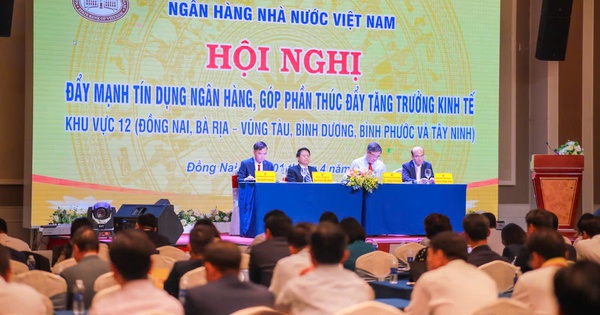
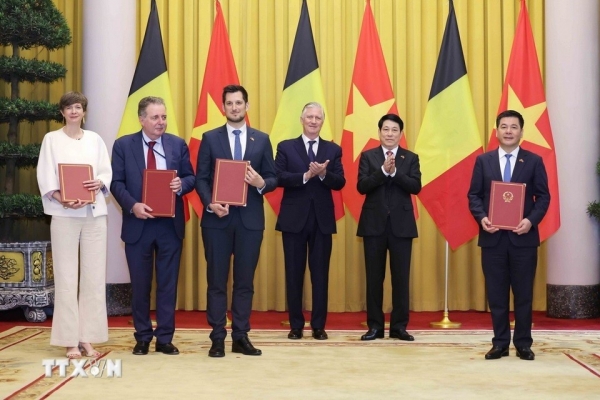







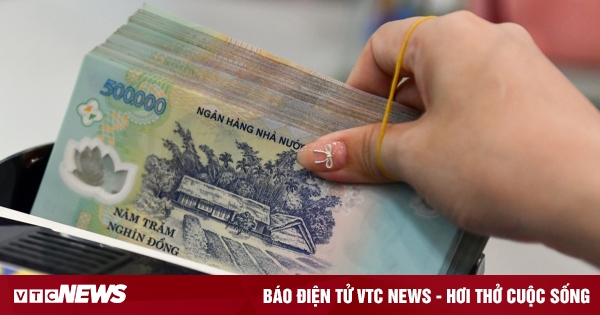
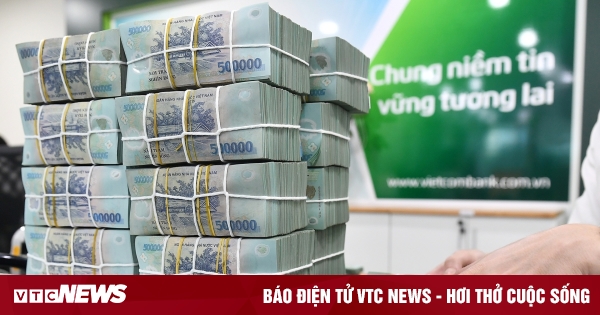
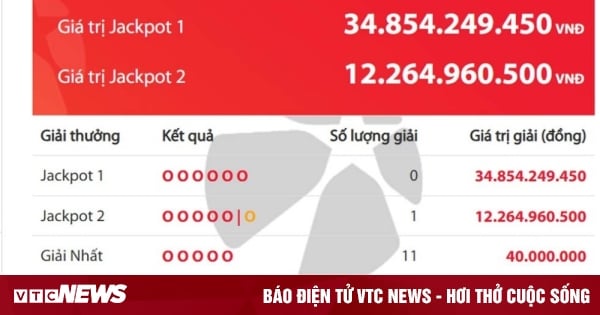

































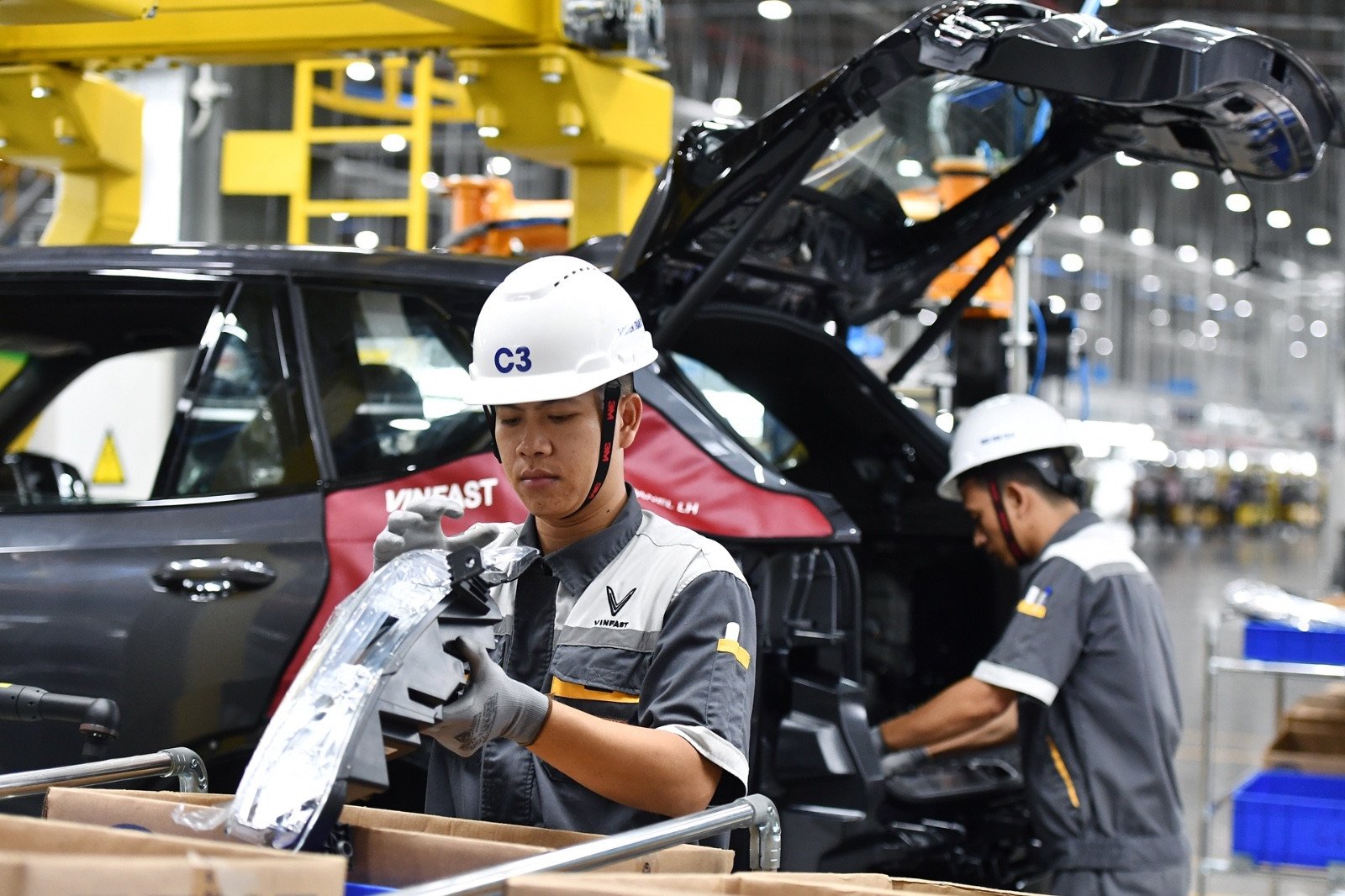

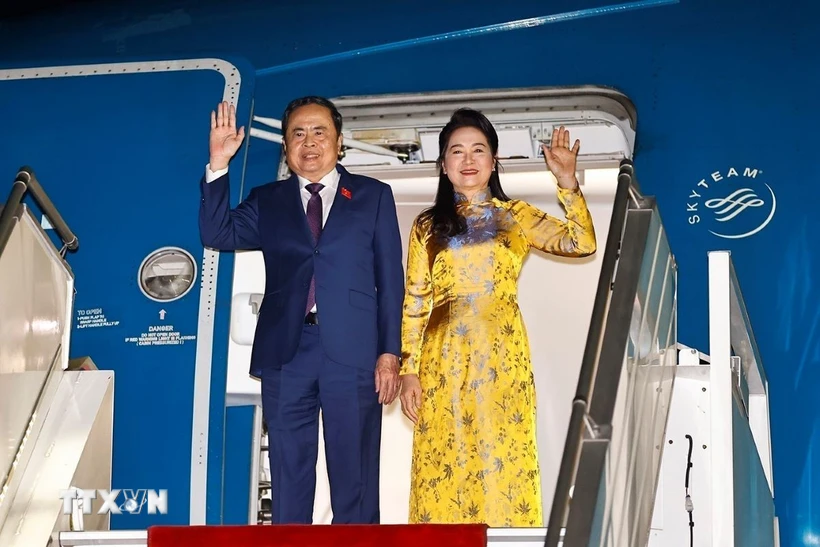












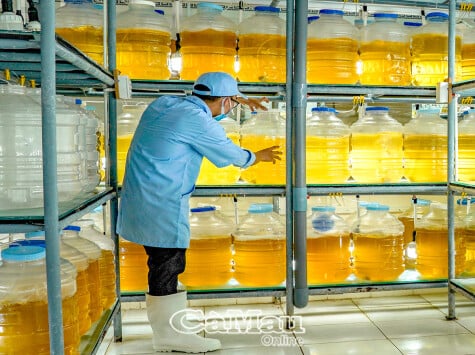



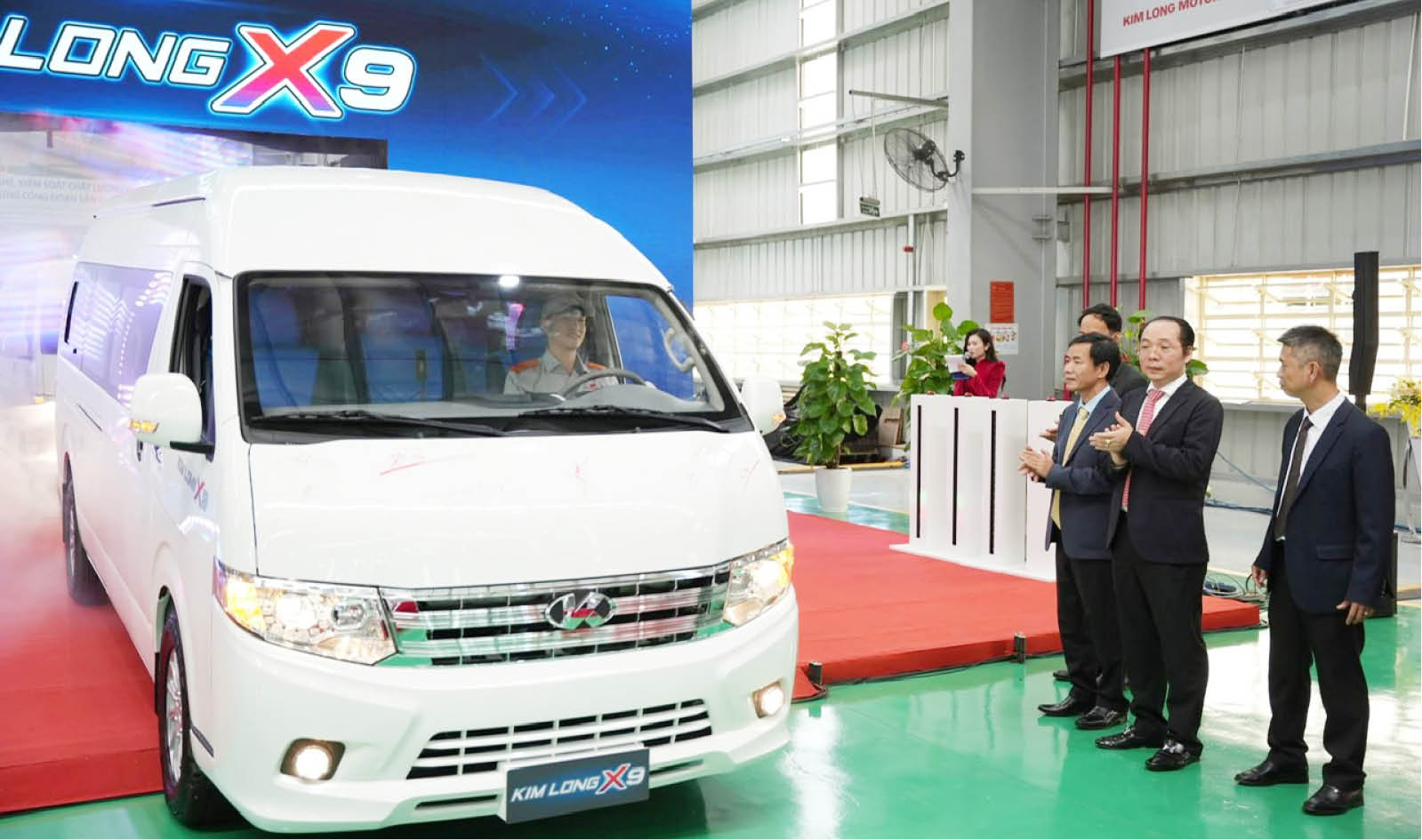















Comment (0)